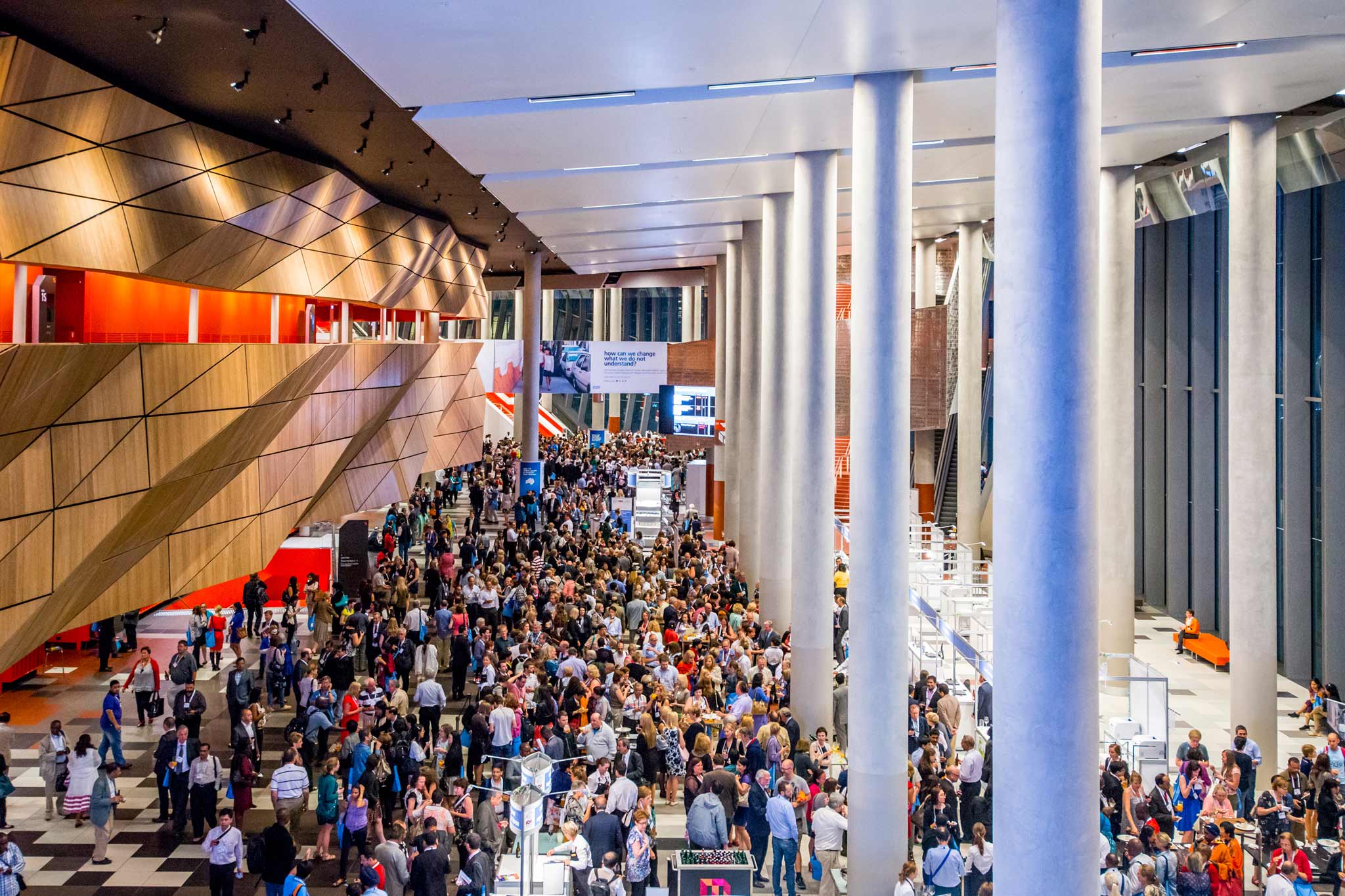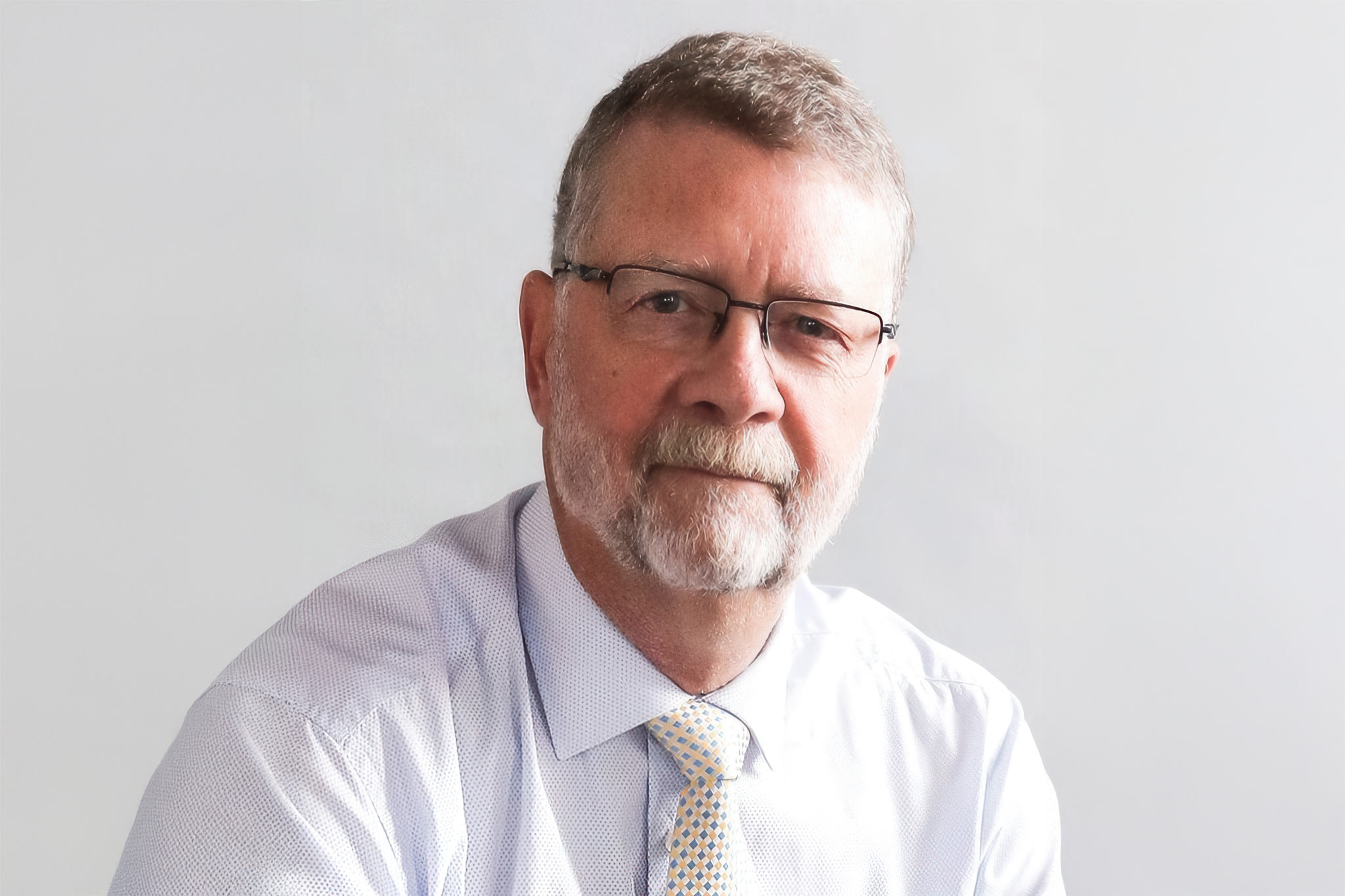Melbourne Convention and Exhibition Centre (MCEC) is welcoming the 31st Annual Neuroscience Meeting (CNS) this weekend, worth an estimated $3 million in economic impact from 16–17 July.
With 300 attendees from across the globe, the meeting moves to a different location each year, this being the first time in 31 years it’s been held outside Europe and the USA. The event secured by Melbourne Convention Bureau with support from MCEC’s Club Melbourne Ambassador Professor Anthony (Tony) Burkitt, will see some of the brightest minds in neuroscience technology gather at MCEC, and serves as a forum for young scientists to present their work and to interact with senior leaders in the field.
CNS combines mathematical analyses and computer simulations with experimental neuroscience, to develop a principled understanding of the workings of nervous systems and apply it to a wide range of technologies.
Founded by MCEC in 2005, the Club Melbourne Ambassador program brings together thought-leaders such as Professor Burkitt, Chair in Bio-signals and Bio-systems in the Department of Biomedical Engineering at the University of Melbourne, to attract major global events to Melbourne that cement the city’s reputation as a knowledge capital.
Since the program’s inception, Club Melbourne Ambassadors have attracted 156 international events for Melbourne and generated an estimated economic impact of $1 billion.
MCEC Chief Executive, Peter King said:
“I am thrilled to see Club Melbourne Ambassador Tony Burkitt involved in bringing such a notable event to MCEC.
“The Club Melbourne program run by MCEC is an invitation-only group of Victoria’s thought-leaders, who work together to establish, secure and host international business events to promote our expertise around the world and seeing the CNS community here this weekend is exactly that,” he said.
Melbourne Convention Bureau Chief Executive Julia Swanson said:
“Hosting this meeting is a big win for Victoria’s biomedical community – who will be able to share a wealth of knowledge and gain exposure to world leaders’ advances in this rapidly growing field of study globally and locally.
“As a leading location for neuroscience research and development, Victoria is at the cutting edge of advances in the management of disorders of the brain and central nervous system,” she said.



